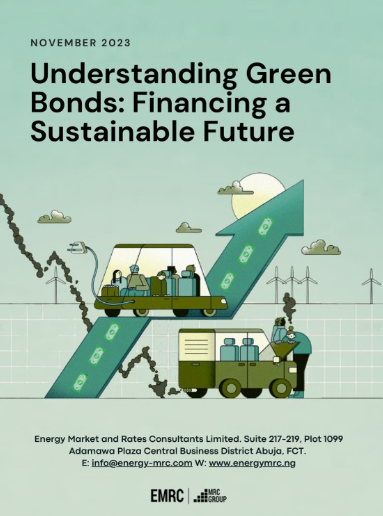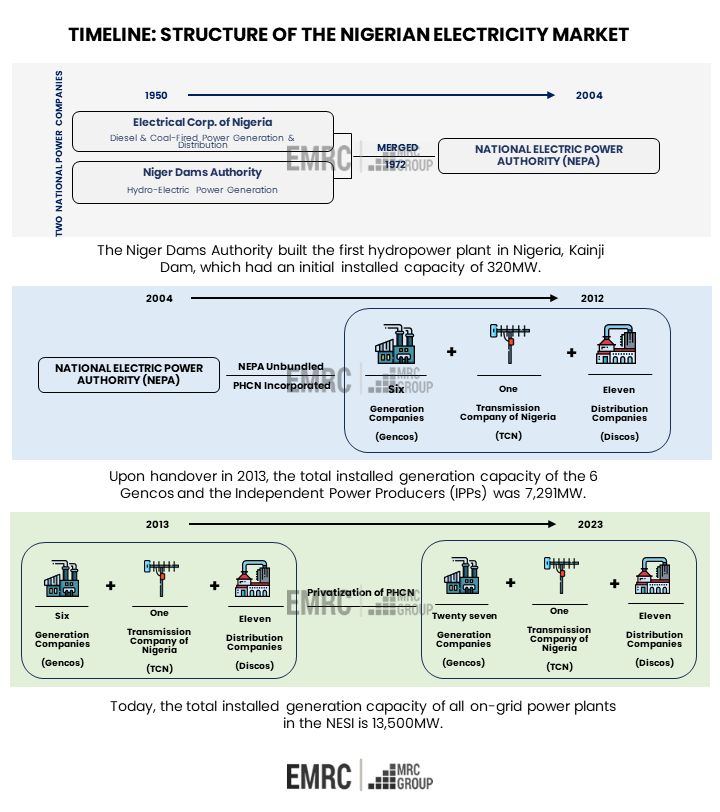
Virtual Power Plants Potential Benefits in Nigeria

Virtual Power Plants Potential Benefits in Nigeria
As of 2023, Nigeria's electricity demand has surged to over 40 terawatt-hours (TWh), driven primarily by significant population growth and rapid urbanization across the country. Despite this increasing demand, a staggering 39 percent of the Nigerian population still lacks access to reliable electricity, highlighting a critical gap in the energy sector.
A promising approach to addressing this issue is the adoption of Distributed Energy Resources (DERs), which include technologies such as solar panels, wind turbines, electric vehicles, heating and cooling devices, and energy storage systems. These resources provide an effective way to reduce Nigeria's reliance on fossil fuels and transition toward a more sustainable energy future.
However, implementing DERs comes with challenges, particularly due to their intermittent nature. To overcome these challenges, Virtual Power Plants (VPPs) have emerged as an effective solution. VPPs can aggregate various DERs to create a more stable and reliable power grid by coordinating multiple energy sources, thereby enhancing the overall resilience and efficiency of Nigeria's electricity supply system. Funded by the The African Climate Foundation, Energy Market And Rates Consultants Limited (EMRC Nigeria), in partnership with Beckaphyll, conducted research on the potential benefits of Virtual Power Plants in Nigeria.
This report discusses what a Virtual Power Plant is, the readiness of Nigeria's Electricity Supply Industry, and the immense benefits that VPPs can offer to the sector.
Zira John Quaghe Dan Hamza-Goodacre Chijioke Okwuokenye hashtag
#VPP hashtag#REIntergration hashtag#EnergyInnovation hashtag#Sustainability hashtag#NigeriaEnergy

